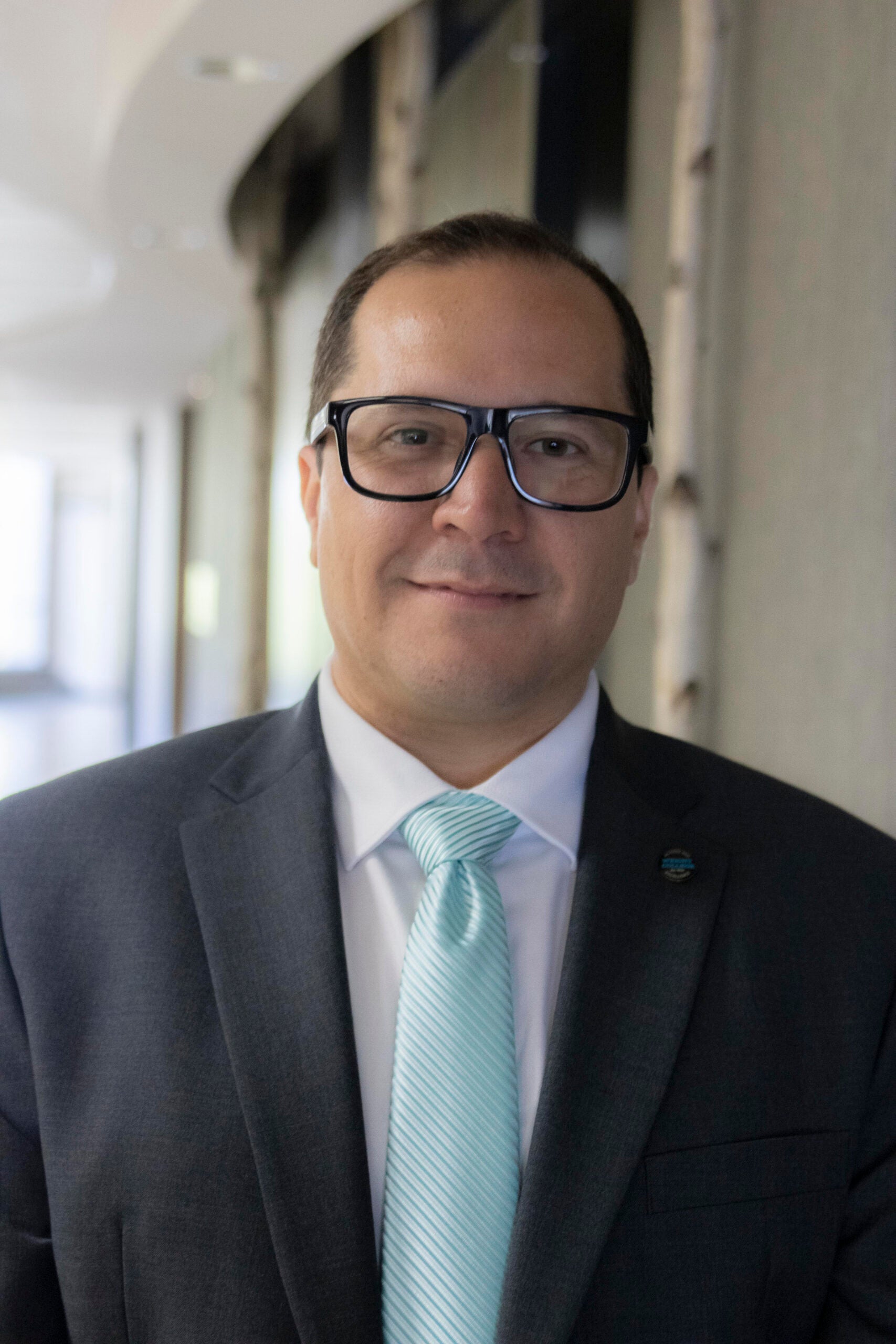Office of the President
President

Dr. Andrés A. Oroz President, Wilbur Wright College City Colleges of Chicago
Dr. Andrés A. Oroz currently serves as President of Wilbur Wright College, one of the seven City Colleges of Chicago and a federally designated Hispanic-Serving Institution. A proud Latino and first-generation college graduate, Dr. Oroz brings more than 17 years of leadership experience across academic and student affairs in both community colleges and four-year institutions, public and private.
Before assuming the presidency at Wright College, Dr. Oroz served as Vice President of Academic and Student Affairs at Oregon Coast Community College and as Associate Vice President at Roxbury Community College in Boston. His prior appointments also include key academic and administrative roles at Loyola University Chicago and The University of Texas at El Paso. Throughout his career, he has been deeply committed to fostering access, equity, and student success, particularly for historically marginalized and underrepresented populations.
Dr. Oroz holds a Ph.D. in Organizational Leadership from The Chicago School of Professional Psychology, where his research focused on leadership development and faculty shared governance. He also earned a Master of Education in Higher Education and a Bachelor of Multidisciplinary Studies from The University of Texas at El Paso.
An advocate for inclusive excellence, Dr. Oroz is known for his commitment to culturally responsive leadership, shared governance, and student-centered institutional transformation. He is bilingual in English and Spanish, and regularly presents at national and regional conferences on topics including leadership, student success, and the role of community colleges in promoting social and economic mobility.
Under his leadership, Wright College has renewed its focus on access and excellence, strategic community engagement, and advancing equity for Latino students and all students. Dr. Oroz has also contributed meaningfully to nonprofit and civic organizations, reinforcing his belief that community colleges serve not only as educational institutions but as engines of community development and empowerment.
